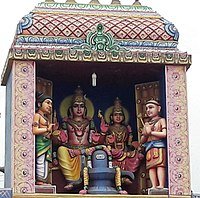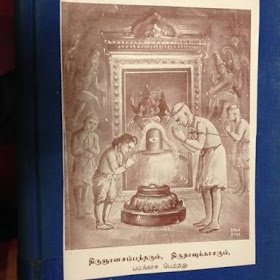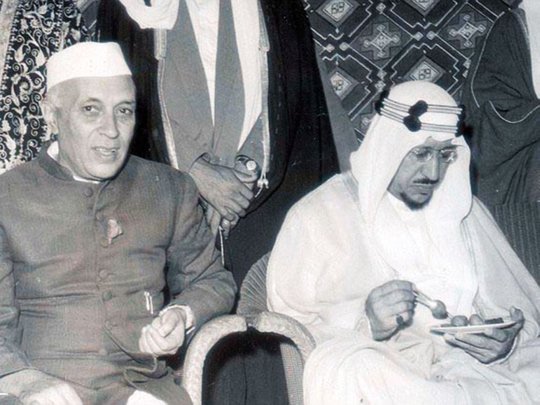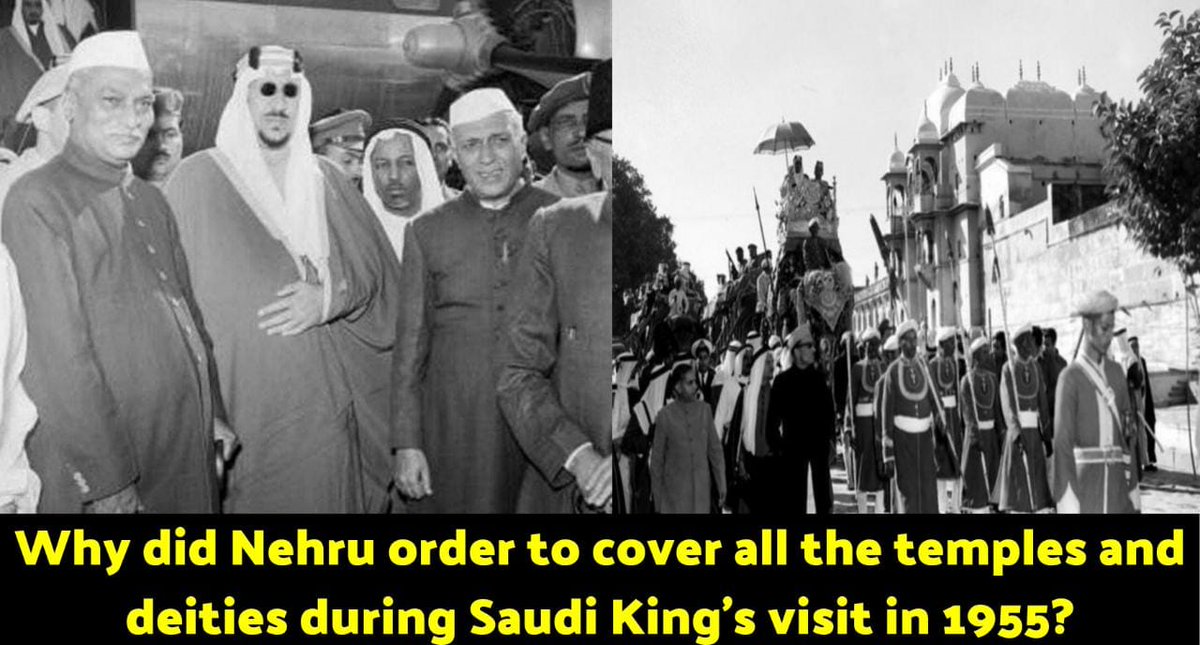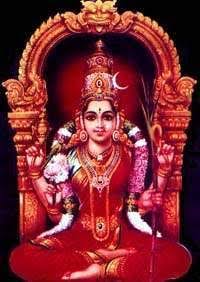Silence is the language of a people for whom truth and violence were too-often intertwined. Our parents taught us to shut up, and our State reinforces that lesson every day. Silence is our third national language. This does NOT mean Kenyans do not see, or do not know.
We know, for instance, that the settler-expat-KC community thinks Kenya was better off under British rule. We see you point derisively at our infrastructure/ politics/ economy and mutter about how much more orderly and 'civilized' things were 'before the locals took over'.
We know that you use words like 'getaway', 'exclusive' and 'luxe' to subtly signal your carved out resorts, gated communities and conservancies as white-only safe spaces. We know you stop hanging out in Kenya's newest clubs and restaurants when 'too many locals' start showing up.
We know that in your local-free spaces you're free to voice ugly thoughts about the Kenyans who host and clean up after you, and we know that the only Kenyans allowed in these spaces are those who don't ask questions about your contentious presences and unlawful 999-year leases.
We KNOW that
@ImmigrationDept does not visit Lakeview, Nanyuki, Malindi and all the other gated settlements where you hide your American and EU brethren who are in Kenya illegally, staying in the country for years on expired tourist visas.
We stay silent, knowing that when our relatives dare to do the same thing in your countries they are swiftly rounded up, placed in immigration camps and sent back here in handcuffs, because global citizenry is a right reserved only for citizens of G20 countries.
We stay silent when those same illegal-expats shamelessly brag to us about bribing Immigration to let them stay and open businesses illegally. We are the same silent Kenyans who clap politely when these still-illegal expats give us talks about startup entrepreneurship in Africa.
We stay silent, not because Kenya doesn't have labour or immigration laws, but because we know the global press would immediately publish articles comparing Kenya to Zimbabwe if the hair on a single European's head was ruffled by an overzealous Kenyan immigration officer.
We stay silent when your cocaine-addled
@BATUK soldiers get away scot-free after setting fire to ecosystems and raping and murdering Kenyans. We know that you blacklist (or worse) outspoken Kenyans for daring to say that there's a problem with conservation policy in this country.
We know that it's only after the crash of the tourism sector in 2008 that restaurants in Malindi, Nanyuki etc. learned to welcome 'locals'. And we know that when post-Covid tourism resumes, those briefly-welcoming spaces will stop taking reservations from the 'locals' once again.
We stay silent as you peddle organic produce to us in your Karen farmers' markets and silently wonder: can organic food grown on stolen land ever be ethical? Does the organic produce board check whether food was grown on land watered by imperial force and bloodshed of natives?
It is within that 58-year-old silence that you host insulting events that reminisce about Kenya's golden past, where you pay expats 10x the salary you pay to Kenyans with infinitely more knowledge, where you ask us patronizing questions about 'what is wrong with Kenya'.
Silence does not mean forgetting, and if you took the time to investigate the silence of Kenyans, you'd find the old angers are still fierce, and still present. We are silent, but we see, we hear, and we remember. Karibuni Kenya.
Addendum: the idea of silence as one of Kenya's languages is not mine, and must be credited to
@AdhiamboKE, who powerfully outlined this in her 2013 novel "Dust". If you're in Kenya, the book is available at TBC (with my thanks to
@shailjapatel for the reminder on citation).
More reading: those asking about KCs (Kenyan Cowboys) and the Happy Valley set can start exploring that dire history here:
https://t.co/WhinJxRRCk














